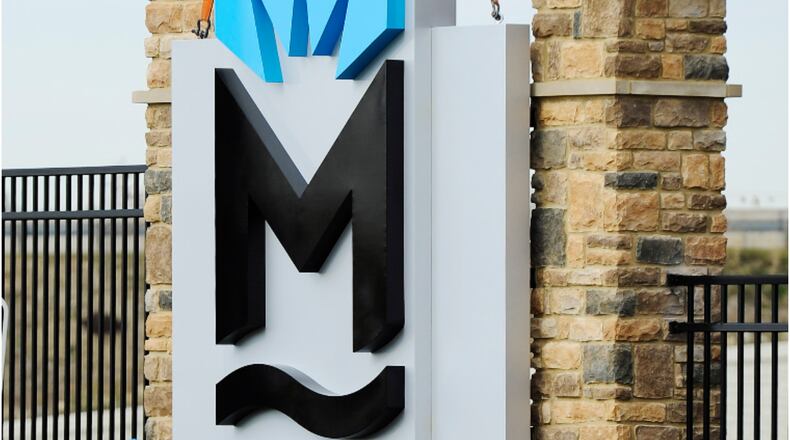Issue 4 and Issue 5 will be on the ballot in the special election Tuesday, and if they pass, Energy Alliances will seek bids from other providers that are cheaper than Duke’s, Abbott said.
The only residents who are ineligible for the program are those who are with another alternate supplier and those who are enrolled in the Percentage of Income Payment Plan (PIPP), said Rich Surace, chief operating officer of Energy Alliances. He made a presentation before City Council on Oct. 4, 2022.
Voters in South Lebanon are facing the same decisions as Middletown, and similar issues are expected to be on the November ballot in Trenton, Lemon Twp., Oxford Twp., Ross Twp., and Millville, according to Abbott.
Energy Alliances manages more than 60 programs throughout Ohio, including West Chester Twp., Liberty Twp. Hanover and Fairfield Twp. in Butler County and Clearcreek and Turtlecreek townships in Warren County, he said.
Abbot has made a presentation before Monroe’s City Council, but members haven’t voted on the legislation.
If Middletown voters approve the issues, Energy Alliances would make a presentation to city staff and City Council to get their approval. Residents then would have 21 days to opt out of their current energy plan with no fees or penalties or remain with Duke, Abbott said.
Matt Schilling, a spokesperson for the Public Utilities Commission of Ohio (PUCO), said community energy aggregators allow a block of customers to shop the market and find the lowest rate possible. Schilling said aggregators like Energy Alliances are able to shop the market more frequently than standard providers like Duke Energy and that means their prices are generally more responsive to market conditions.
TIMELINE FOR POTENTIAL AGGREGATION PROGRAM IN MIDDLETOWN
30 days after election: Develop plan of operation and governance.
60-90 days after election: Hold two public hearings to discuss/revise the plan; community adopts the plan of operation and governance; aggregation application submitted to Public Utilities Commission of Ohio (PUCO).
3-4 months after election: Energy Alliances obtains bids and recommends a supplier.
4-5 months after election: The supplier notifies eligible residents about the program and gives them 21 days to decide if they want to participate. At the end of the 21 days, supplier submits enrollment and the program goes into effect.
SOURCE: Energy Alliances presentation to Middletown City Council on Oct. 4, 2022
About the Author

